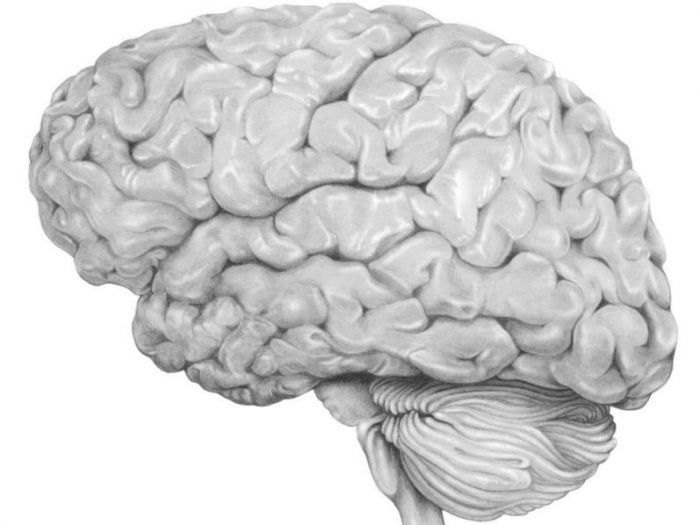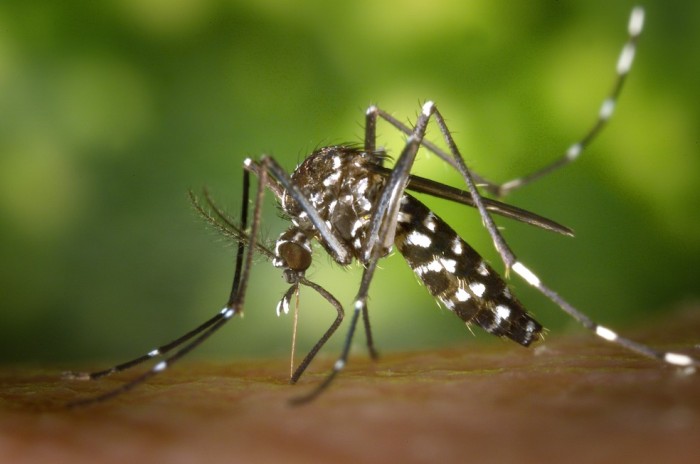Encephalitis is a rare condition that is most often caused by viruses (viral encephalitis). It can also be caused by non-infectious diseases, such as systemic lupus erythematous and Behcet’s disease (an autoimmune disorder). The leading cause of severe encephalitis is the herpes simplex virus.
Other causes include enterovirus infections or mosquito-borne viruses; Eastern equine encephalitis (EEE); Western equine encephalitis (WEE); Venezuelan equine encephalitis (VEE); Japanese encephalitis; and Zika virus.
The very young and the elderly are more likely to have more severe encephalitis.
Exposure to viruses can occur through breathing in respiratory droplets from infected people, certain insect bites, and direct skin contact.
What are encephalitis symptoms and signs?
The signs and symptoms of encephalitis can range from very mild flu-like symptoms to potentially life-threatening events. Signs and symptoms of encephalitis include sudden fever, headache, vomiting, visual sensitivity to light, stiff neck and back, confusion, drowsiness, unsteady gait, irritability, loss of consciousness, poor responsiveness, seizures, muscle weakness, sudden severe dementia, and memory loss.
How do health care professionals diagnose encephalitis?
A health care professional diagnoses encephalitis after performing a thorough history and exam. The exam will incorporate special techniques to look for signs of inflammation of the membranes that surround the spinal cord and brain (meninges). The doctor will order specific tests to help determine the diagnosis.
Tests that evaluate individuals suspected of having encephalitis include cerebrospinal fluid analysis, brain scanning such as computerized tomography scan (CT or CAT scan)/ Magnetic resonance imaging (MRI) scan, and an evaluation of the blood for infection and the presence of bacteria.
The most common method of obtaining a sample of cerebrospinal fluid (or CSF) for examination is a spinal tap. A spinal tap, or lumbar puncture (LP), involves the insertion of a needle into the fluid within the spinal canal. The needle goes between the spine’s bony parts until it reaches the CSF. A medical professional then collects a small amount of fluid to send to the laboratory for an exam.
Evaluating the CSF is necessary for a definitive diagnosis of encephalitis and to decide on the best treatment options.
Abnormal spinal fluid results confirm the diagnosis and, in the event of an infection, by identifying the organism that caused the infection.
What is the treatment of encephalitis?
People require urgent treatment with antibiotics and/or antiviral medications if a physician suspects that person has encephalitis. Patients may need to take sedatives for irritability or restlessness. Doctors may administer other medications to decrease fever or treat headaches.
Prevention
Basic steps to avoid the spread of infections (handwashing, covering mouth when coughing, etc.) can help prevent encephalitis.
*Dr. Nwaoney is an epidemiologist, Chief Executive Officer (CEO) and Medical Director of Richie Hospital and El Shaddai Group.




